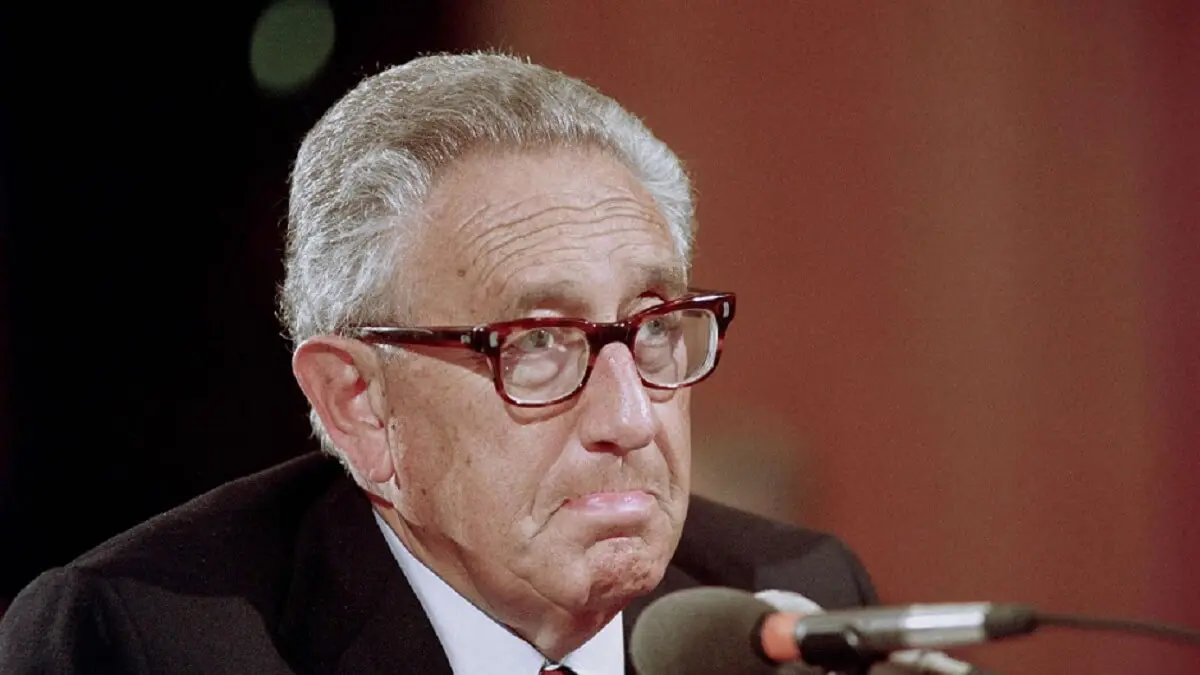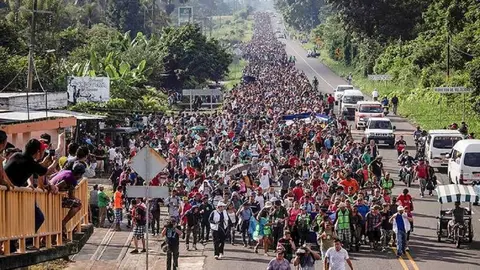Kissinger, a hundred years of history

Turning 100 years old is fortunately no longer relevant news. But when the anniversary is linked to the name of Henry Kissinger, the politician and above all diplomat, a key figure like few others in contemporary history, his birthday can only arouse special memories. He has undoubtedly been one of the most important architects of the complex and often dramatic period we have lived through in recent decades, especially in the evolution and final resolution of the Cold War.
I had the good fortune to meet him, albeit superficially, of course, when only his presence, let alone his opinions, commanded the attention and respect of the media and those interested in international reality. One was during the peace negotiations held in Geneva at the end of 1973, precisely on the day that the fatal attack on Carrero Blanco took place in Madrid, in his capacity as President Richard Nixon's Secretary of State, with his North Vietnamese colleague, Le Duc Tho, when they agreed on the gradual withdrawal of American troops from South Vietnam.
The second time, and the first and only time I had the opportunity to speak to him directly for a few minutes, was in a New York hotel, at the entrance to a dinner party, when we met in the cloakroom where I hurried to help him take off the thick coat he was wearing to protect him from the heavy snow that was falling outside. I took the opportunity to ask him something about the Perestroika that Mikhail Gorbachev was carrying out in the Soviet Union and, without knowing me and after barely identifying myself as a Spaniard, he summed up a truly premonitory opinion. I regret that I do not remember his exact words.

The Geneva meeting was the beginning of the end of that war which, after eleven years, had claimed more than three million victims in Vietnam. Since then, Kissinger's prominence in international relations has continued almost to the present day. Although the withdrawal still took two years, Kissinger's ability to convince the bellicose Nixon and the rulers in Hanoi that the constant bloodletting had to stop, especially when the ping-pong ploy had opened relations with Mao's China, was always acknowledged.
But on the occasion of his birthday, nothing comes to mind as much as reading his thick book "Diplomacy", perhaps the best I can remember, in which he demonstrated his farsightedness about present and future conflicts and gave the best lessons on international diplomacy that I have personally read and about which I have heard the most references and praise in my time as a foreign correspondent, especially in the United States. Years have passed, but its validity has not ended, it is still read with interest and quoted in doctoral theses and articles.
Naturally, a person of this stature has not been spared criticism and even accusations for both his ideas and his public actions. He is recognised, needless to say, as a shrewd and even Machiavellian character, the best negotiator of his active period and the strategist who, on the basis of the power exercised by the United States in the rest of the world and the respect his name aroused, is considered one of the main architects of the world order that evolved since the end of the Second World War and the situation of the USSR, which meant the expansion of communism that he exercised from Moscow with a great capacity to spread. Once he was no longer in power, he continued to exert his influence until the present day, helping to confront the new problems that were replacing those that now threaten us. Kissinger was well aware that world peace is an impossible dream.


